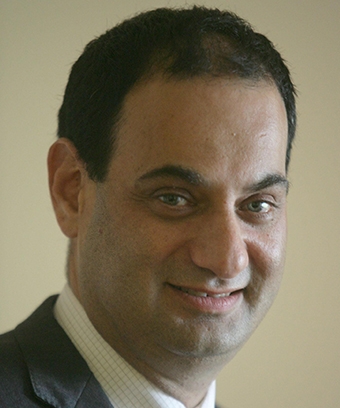
If the regulators and legislators think bigger is better when it comes to financial advice then they must be happy.
It might just be a coincidence, but the announcement of the FOFA reforms (and their partial implementation from 1 July this year) is certainly going hand in glove with a consolidation in the independent financial advice (IFA) industry that is unprecedented.
Consider these numbers. Since 2010, the number of independent financial advisors has shrunk by over a third, down by over 2000 advisors. Of this number, 50% have left the industry altogether and 50% have been gobbled up by larger vertically integrated groups, further consolidating the power of these groups. Even with the entry of new advisors into the industry, the number of total advisors (independent and institutional) has shrunk by about 2% over the past year.
That’s right. Since the announcement and implementation of FOFA, vertically integrated groups run by the banks and large institutions such as AMP have become bigger and more dominant. If this wasn’t the intention of the powers-to-be – certainly some would argue the intention of FOFA was to reduce the power of the vertically integrated groups – it’s been the unintentional consequence.
This does not bode well for competition and innovation in the advice industry. Leaving aside the issues thrown up by the recent media spotlight that was cast on the Commonwealth Bank’s financial planning arm (and the regulator’s tardy response), the fact remains it can’t be healthy to have the independent financial advisor market shrinking dramatically while the large vertically integrated groups are growing, particularly when you consider their offerings – apart from their products where they largely promote their own – hardly differ.
Especially as this is coming at a time when more people need genuinely independent advice. In the SMSF space alone, there are now about one million trustees needing advice and recent research by Macquarie Bank and the SMSF Professionals’ Association of Australia suggests this number could double in the next three years.
With many of these new entrants coming into the SMSF market from Generations X and Y, there will be fewer advice options and only vanilla solutions to their retirement savings planning.
Perhaps I am being unduly pessimistic. Perhaps what we are simply seeing is the consolidation of the advice industry that will be followed by the expansion of the independent sector as advisors want more control and their clients, as they become more comfortable with a fee-based remuneration system, want more personalised advice.
What remains to be seen is whether the more prescriptive processes and asset allocation models proffered by the large, vertically integrated groups better suit the new FOFA regime than the independent advisor. I fervently hope it’s the latter as I think that may give the consumer greater choice and better outcomes – but only time will tell.
About George Lucas

He was previously a director of two listed investment trusts, chief investment officer at Mariner Financial, and a senior equities derivatives trader with Citibank and First Chicago in London.
Never miss the stories that impact the industry.